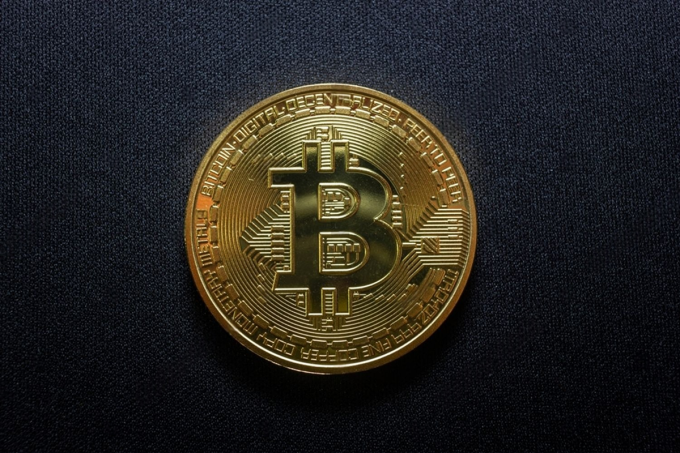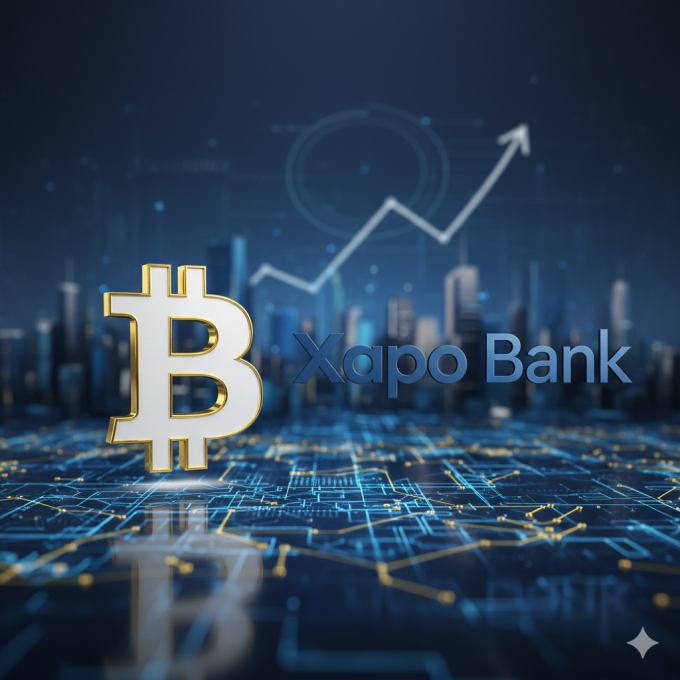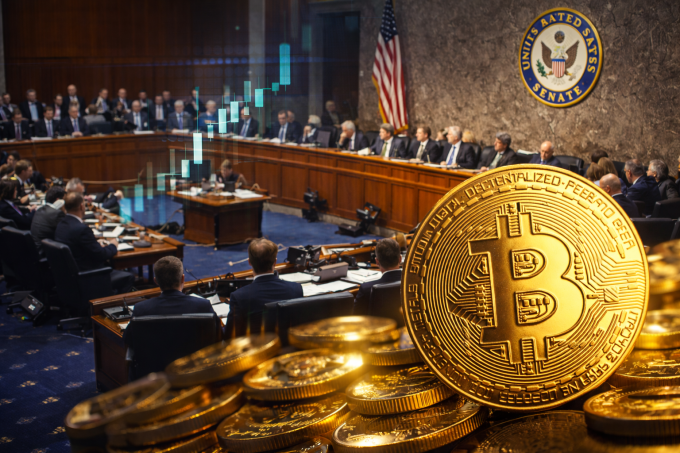Key Points:
-
Elon Musk’s Grokipedia launches as an “AI-powered alternative” to Wikipedia, promising a more factual and less biased approach to online knowledge.
-
Early comparisons highlight crypto coverage as a major difference, with Grokipedia offering more detailed, data-driven entries on Bitcoin and Ethereum.
-
The platform sparks a wider debate over information control, neutrality, and the role of AI in shaping digital truth.
Elon Musk’s newest project, Grokipedia, has reignited debate over the nature of online truth and neutrality. Launched this week in early beta, the platform aims to rival Wikipedia with what Musk describes as a “massive improvement” — one designed to counter what he claims are “half-truths” and ideological bias on the web.
Developed under Musk’s xAI initiative, Grokipedia arrives at a time when trust in traditional information sources is eroding and AI-generated content is reshaping public discourse. While its creator insists it will restore balance and factual integrity, critics see it as another battleground in the broader cultural war over who controls knowledge in the digital age.
Grokipedia’s Ambitious Debut
Unveiled just a month after Musk announced the idea, Grokipedia’s version 0.1 launched Monday with 885,279 articles, a modest start compared with Wikipedia’s over 6.8 million entries. Despite its limited scope, Grokipedia has already gained traction among Musk’s followers, who describe it as “refreshingly clinical” in its treatment of politically charged topics.
The platform’s entries on issues such as George Floyd, Charlie Kirk, and Bitcoin have drawn attention for their more detailed — and often contrarian — framing. While Wikipedia’s content is governed by a volunteer-based editorial model emphasizing consensus and “reliable sources,” Grokipedia uses xAI’s proprietary models to generate summaries that Musk claims are “factually grounded and ideologically balanced.”
However, the site remains in early development. Many topics still yield blank pages, and users have already reported factual errors, hallucinations, and missing citations — issues that mirror early criticisms of AI-generated text platforms. Editing tools exist, but the system has yet to attract the vast community participation that made Wikipedia a global reference point.
Crypto Coverage: A Case Study in Bias and Balance
One of the starkest contrasts between the two platforms lies in their treatment of Bitcoin and cryptocurrency.
Wikipedia’s Bitcoin entry, protected under “contentious topic” rules since 2013, portrays the cryptocurrency primarily through a skeptical lens — emphasizing its “use by criminals” and “bubble-like characteristics.” It quotes economists Joseph Stiglitz and Kenneth Rogoff warning that Bitcoin has “no intrinsic value” and promotes “economic delusion.”
By contrast, Grokipedia’s 11,000-word Bitcoin article provides a broader, data-backed analysis. It acknowledges Bitcoin’s early ties to illicit markets but argues that such narratives are outdated. “Bitcoin’s role in illicit finance remains disproportionately scrutinized relative to fiat currencies,” it reads, citing United Nations data showing that cash laundering accounts for 2–5% of global GDP, versus crypto’s sub-1% share of on-chain transactions.
The Ethereum entry on Grokipedia is even more exhaustive — nearly 14,000 words, detailing the blockchain’s supply dynamics, technical roadmap, and proof-of-stake transition. In comparison, Wikipedia’s version spans 4,300 words and devotes much of its space to environmental criticism, arguing that Ethereum’s energy efficiency gains “may be offset if miners repurpose hardware elsewhere.”
As Evan Van Ness, a former Ethereum Foundation member, noted, “Grokipedia isn’t pretty, but it’s far more factual. It treats crypto like a serious technology, not a social threat.”
Cultural Clash Over Control of Information
Grokipedia’s emergence is not merely technological — it’s philosophical. Musk’s followers celebrate it as an antidote to what they see as Wikipedia’s institutional groupthink. Critics, however, argue that Musk’s network-driven ecosystem, built atop X and xAI, risks creating a centralized feedback loop favoring narratives that align with his audience.
“Replacing bias with a different kind of bias isn’t neutrality,” said Hannah Becker, a media ethics researcher at Oxford University. “Grokipedia’s challenge isn’t building accuracy — it’s earning legitimacy.”
The debate echoes Musk’s broader strategy of positioning his platforms — from X to xAI — as alternatives to legacy media and Big Tech gatekeepers. Whether Grokipedia becomes a disruptive force or an ideological silo will depend on whether it can attract a diverse editing community and maintain transparency in its AI-driven content moderation.
What Lies Ahead for Grokipedia
For now, Grokipedia represents both a technological experiment and a cultural provocation. Its AI-driven approach could streamline knowledge creation and reduce misinformation — or it could amplify selective truths shaped by algorithmic design.
If Musk’s platform manages to combine scalability, user participation, and transparency, it may force a rethinking of how knowledge is curated in the AI era. But until then, Grokipedia remains what Musk himself calls it: “a work in progress — and an invitation to question what we think we know.”
Comparison, examination, and analysis between investment houses
Leave your details, and an expert from our team will get back to you as soon as possible













https://shorturl.fm/SYqxo